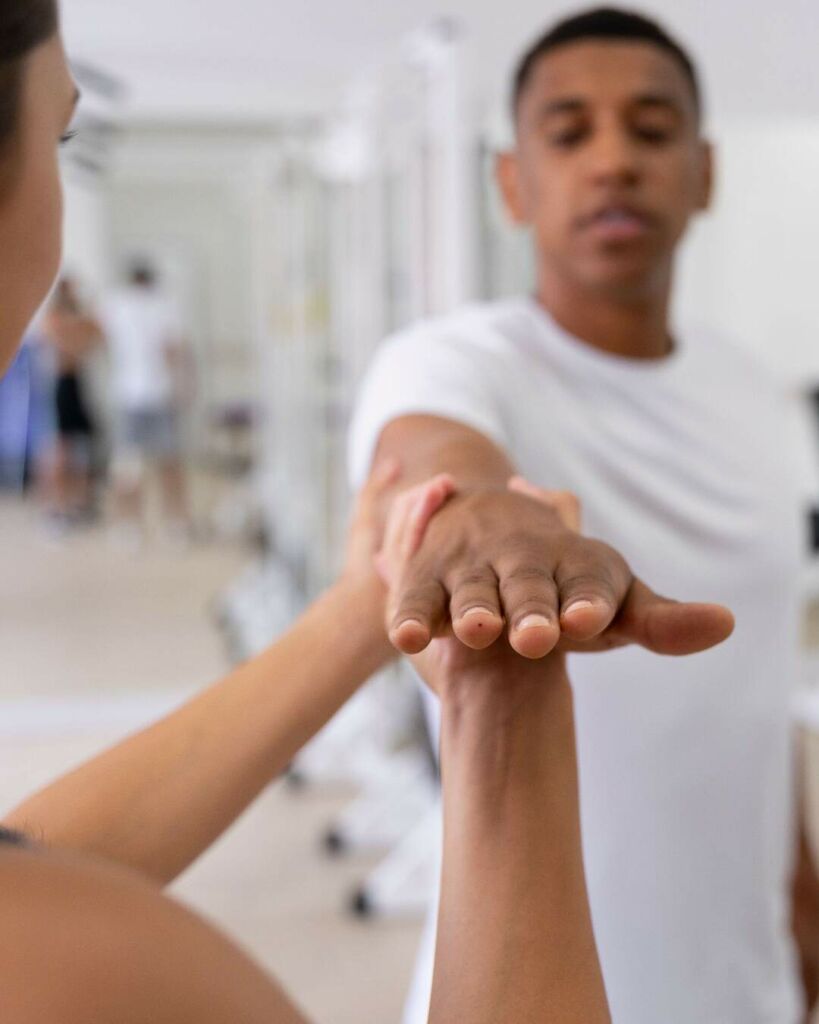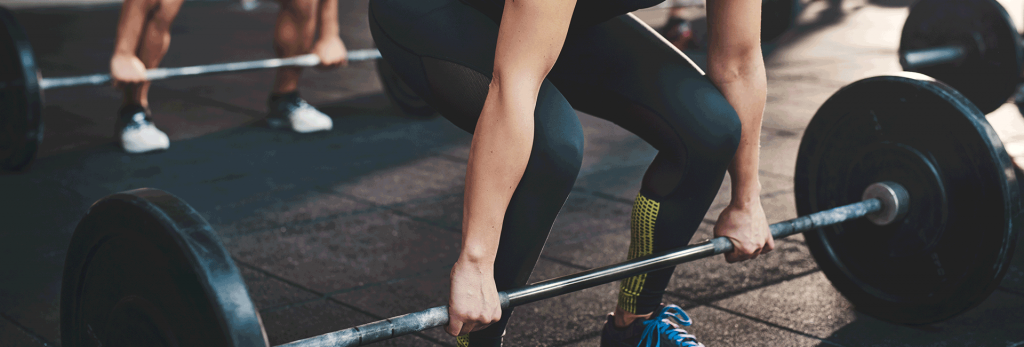Thank you for your question. Without examining your shoulder, we are unable to provide advice specific to your condition.
There are several potential injuries and causes for shoulder pain associated with weight lifting. This can include neck pain causing referred shoulder pain, irritation of the shoulder (glenohumeral) joint or its connective tissues, and strain to the muscles and/or tendons surrounding the shoulder joint (including the rotator cuff muscles).
Any of these injuries will often require individualized treatment beyond rest to allow you to regain full function of your shoulder. Rest is typically good for allowing tissues to heal, but unfortunately does not address the underlying cause of an injury. Therefore, each time you return to the activity in which you were injured, you may be susceptible to re-injury.
From your description and without evaluating your shoulder, we do not have enough information to suggest a brace or other treatment for your pain.
Based on the recurrence of your symptoms, we recommend that you seek out a physical therapist for evaluation of your shoulder pain and function. Typical physical therapy care for an injury such as this will start by assessing your specific symptoms and desired weight lifting activities. Then, your physical therapist will teach you specific exercises to address any weaknesses or mobility deficits which may have contributed to your injury (or its recurrence).
Additionally, your physical therapist will be able to assess whether it is necessary for you to seek evaluation or imaging from an orthopedist or other doctor in order to ensure your needs are met and that you return to weight lifting as soon as possible.
In the meantime, you may consider making sure your upper back posture is upright and that you aren’t allowing your shoulders to slump forward. This is especially important while exercising. Having your shoulders slumped forward puts your shoulder joints in a less favorable position and can be associated with several different causes of shoulder pain.

Shoulder pain? PT can help!
We are committed to providing effective, efficient, and compassionate care to help you return to pain-free sport. Our passion is to help every patient reach their goals on their journey to recovery and optimal performance.


